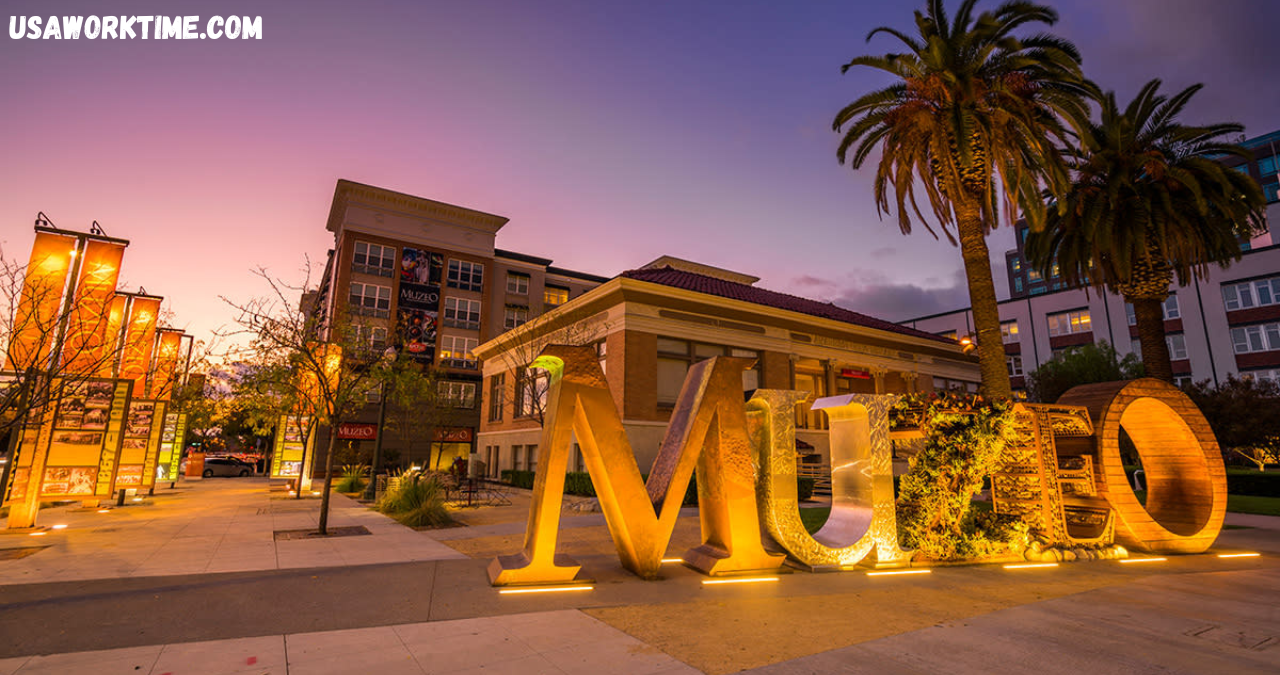Introduction
The internet is home to a wide range of communities, each thriving around Simp City Forum, ideologies, or digital behavior patterns. Among these, Simp City Forum has carved a niche that’s both controversial and culturally significant. Known as an online space where users discuss, share, and engage with adult content—often centered around cam models and digital influencers—Simp City Forum has become a symbol of modern internet anonymity and the commodification of intimacy.
Despite its underground reputation, the platform represents a shift in how people interact with online adult content and the parasocial relationships surrounding it. It blends community discussion with voyeuristic tendencies, raising questions about ethics, legality, and digital consent. While it might be dismissed by some as just another adult forum, Simp City embodies broader themes about the internet age: desire, boundaries, and the grey areas of fandom.
This article takes a deep dive into Simp City Forum, covering its history, how it functions, its legal and ethical ramifications, and the wider cultural discourse it’s part of. Whether you’re a digital sociologist, a curious observer, or someone exploring online communities, understanding Simp City offers valuable insights into how digital desire and community intersect.
History and Origins of Simp City Forum
Simp City Forum did not emerge overnight. It evolved from a collection of internet behaviors and communities that have existed for years—places where users share screenshots, leaked content, and commentary about cam girls and OnlyFans models. The rise of platforms like OnlyFans, Chaturbate, and Patreon created fertile ground for such forums to thrive, giving rise to Simp City around the early 2020s.
While there are no officially known founders, Simp City quickly grew in popularity due to its promise of uncensored content and user-shared leaks. The anonymity of its user base gave it an almost secret-society feel, with contributors often hiding behind aliases to evade accountability. As it gained traction, the site became infamous for distributing pirated content and discussing adult performers without consent—raising alarms in the adult industry.
In response to takedown requests, privacy concerns, and media coverage, Simp City faced multiple shutdowns. Yet, like many forums rooted in anonymity, it resurfaced on alternative domains and mirror sites. This cat-and-mouse game between authorities and users only fueled its legend. Its persistence reveals the resilience of certain internet subcultures and the challenge of regulating digital content in an era of mass sharing and screenshot culture.
Core Features and Functionality
At its core, Simp City Forum is designed like a traditional internet message board, with categories and subforums that organize discussions by topic, performer, or platform. Users can create threads, respond to others, and share media, usually in the form of screenshots, videos, or hyperlinks. One of its most striking features is its community-driven nature—nearly all content is user-submitted, creating a decentralized content-sharing model.
While some users simply observe or ask for recommendations, others post full albums or request specific leaks. The site often features “Mega” threads dedicated to popular cam models or influencers, sometimes filled with illegally sourced content. This dynamic has made Simp City notorious within creator communities who feel violated or exploited by its practices.
Another defining characteristic of the forum is its semi-gated access. Some areas require user verification, or an active posting history, encouraging participation and a sense of belonging. The forum’s design intentionally mirrors Reddit or 4chan-like aesthetics, contributing to its underground aura. Moderation is often minimal or selectively enforced, leading to an anything-goes atmosphere.
From an SEO standpoint, these threads generate long-tail keyword discussions about specific creators or platforms, further boosting its visibility—even as platforms like Google attempt to de-index such sites.
Legal, Ethical, and Security Concerns
Simp City Forum exists in a legal grey area, walking a fine line between free speech and digital piracy. While many forums claim to simply host discussions, the sharing of copyrighted adult content—often without the subject’s consent—exposes users and site owners to potential litigation. Numerous takedown requests have been filed by content creators and legal teams, leading to domain seizures and suspensions.
One of the most troubling aspects is the violation of privacy. Many posts feature non-consensual leaks, intimate images, and doxxing—where personal details of individuals are exposed online. For performers, the emotional toll can be devastating, as the content meant for paying audiences is redistributed and monetized by third parties.
Additionally, users themselves aren’t immune to risk. Many forums, including Simp City, are riddled with scams, phishing attempts, and malware. Because the content is often pirated, downloading files or clicking links can expose users to cybersecurity threats. Ethical concerns also loom large, especially as conversations about digital consent and creator rights dominate public discourse.
Governments and tech companies have begun to crack down on such platforms, but enforcement remains challenging due to the anonymous and decentralized nature of the web. Still, the forum’s existence forces a necessary dialogue on how we define consent, privacy, and responsibility in the digital age.
Cultural Impact and Community Perception

Simp City is more than a website—it’s a cultural symbol of how digital relationships are evolving. The very name “Simp City” is a provocative play on the term “simp,” a slang word popularized on social media to describe someone who goes to great lengths—often financially or emotionally—for online attention, typically from women. By owning the term, the forum embraces its outsider status in internet culture.
The community has contributed to the normalization of parasocial relationships, where fans feel emotionally connected to influencers or performers who don’t know them personally. On Simp City, these dynamics are amplified, with users obsessively tracking, rating, and discussing performers as if they are characters in a reality show.
Creators have responded with a mix of outrage and resignation. Some view the forum as a threat to their livelihood and privacy, while others use it to gauge their popularity or even reclaim their content by water-marking it. The ethical divide is clear: what one person sees as a harmless fan community, another experiences as harassment.
Culturally, Simp City represents both the allure and the danger of digital intimacy. It raises important questions: How do we protect creators? Where do fan communities cross the line? And how do we enforce boundaries in an age where screens mediate human connection?
Alternatives and Related Communities
While Simp City is among the most infamous, it is not alone. Other forums, subreddits, and Discord servers operate with similar models, some focusing more on discussion while others delve into explicit content sharing. These platforms vary in structure—some are invite-only, while others operate openly on the web.
However, not all alternatives operate in ethically dubious territory. A growing number of fan communities on platforms like Reddit or FanCentro prioritize respectful interaction, tipping, and supporting creators directly. These communities serve as a healthier model for digital intimacy, allowing users to engage without violating personal boundaries.
The rise of ethical porn, creator-driven platforms, and verified fan hubs reflects a shift in how audiences want to consume adult content—legally, safely, and consensually. Simp City’s presence reminds us of the darker side of the internet, but it also invites reflection on better models for creator-audience engagement.
Conclusion
Simp City Forum is a digital mirror reflecting some of the most complex aspects of modern internet culture: anonymity, desire, exploitation, and community. While it continues to operate in controversial ways, it’s also become a case study in the challenges of regulating online behavior and protecting digital content.
As the lines between public and private blur, platforms like Simp City force us to confront uncomfortable questions about how we consume, share, and protect content online. Moving forward, the focus must be on building safer digital spaces—ones that respect creators, foster healthy communities, and ensure that connection doesn’t come at the cost of consent.
Frequently Asked Questions (FAQs)
What is the Simp City Forum primarily used for?
It is an online message board where users discuss and share adult content, especially related to cam girls, influencers, and OnlyFans creators—often without their consent.
Is it legal to access or contribute to the forum?
While visiting the site isn’t necessarily illegal, sharing or downloading pirated content may violate copyright laws and local regulations.
Why was Simp City Forum controversial?
It gained notoriety for hosting non-consensual content, privacy violations, and potentially harmful discussions around adult performers.
Are there safer or ethical alternatives to forums like Simp City?
Yes, platforms that support verified fan interaction and direct creator monetization—such as OnlyFans, Fansly, or ethical Reddit communities—are safer and more respectful.
How has the forum influenced online relationships and fan culture?
It has highlighted the growing role of parasocial dynamics, digital obsession, and the need for clearer boundaries in online fandoms.
You May Also Read: https://usaworktime.com/art-thunderonthegulf-crafts/











